detail profile jos c3 a9 isbert

José Isbert
José Ysbert Alvarruiz
atau dikenal sebagai
Riwayat Hidup
José Isbert (real name: José Ysbert Alvarruiz), also known as Pepe Isbert (3 March 1886 in Madrid – 28 November 1966 in Madrid), was a Spanish actor.
In 1912 he debuted in the short film Asesinato y entierro de Don José Canalejas (playing Pardiñas, the anarchist who killed José Canalejas).
During the silent era he worked in theatre with supporting roles in cinema, but with the advent of sound, he made a big screen comeback in the comedy directed by Florián Rey, La pura verdad in (1931).
In the 1930s he acted in half a dozen films including: ¿Cuándo te suicidas? (1931) directed by Manuel Romero, La bien pagada (1935) by Eusebio Fernández Ardavín orEl bailarín y el trabajador (1935), directed by Luis Marquina and based on a play by Jacinto Benavente.
In the 1940s he gained great popularity in films such as Te quiero para mí (1944) and El testamento del virrey (1944), both directed by Ladislao Vajda; Ella, él y sus millones (1944) by Juan de Orduña; El fantasma y doña Juanita (1945) by Rafael Gil and Pacto de silencio (1949), by Antonio Román.
The films he is most remembered for are from the 1950s and 1960s, in classics directed by Luis García Berlanga: Welcome Mr.
Marshall! (1953), Los jueves, milagro(1957) and El verdugo (1963); and the dark comedy masterpiece El cochecito by Marco Ferreri, all written by Rafael Azcona.
He was the grandfather in the Spanish classic La gran familia (1962), and its sequel La gran familia.
.
.
y uno más (1965), these films earning him still greater popularity.
Pepe Isbert died in Madrid due to a heart condition when he was 80 years old.
He was buried at Tarazona de la Mancha cemetery in the province of Albacete.
Info Pribadi
Peran Yang Di Mainkan José Isbert
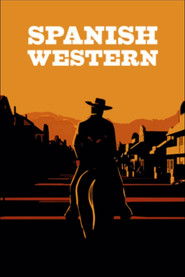 A vindication of the role of...
A vindication of the role of...Spanish Western 2015
A vindication of the role of the technicians and artists who made spaghetti western genre possible, and a walk through the landscapes that made it possible to recreate in Spain, mainly in the desert of Almería, hundreds of adventures set in the remote American Far West.
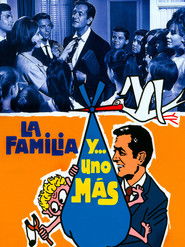 The life of the family inordinate...
The life of the family inordinate...The Family and One More 1965
The life of the family inordinate surveyor Carlos Alonso has undergone several changes over the course of the years: the birth of child number 16, little Maria, coincided with the death of the mother, who left behind a hollow refillable. The grandfather also died. The Godfather pastry married, and the boys have been growing rapidly ...
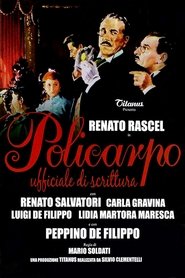 Policarpo De Tappetti is a calligrapher...
Policarpo De Tappetti is a calligrapher...Policarpo, ufficiale di scrittura 1959
Policarpo De Tappetti is a calligrapher who works under the orders of Don César Pancarano de Rondò. For many years, Policarpo has been seeking a promotion and a raise that never comes, and, it seems, will never come. One day, Jerónimo, the son of Don César, meets Celeste, the daughter of Policarpo, and falls in love with her. Policarpo sees in that relationship the solution to his aspirations at work, and does everything in his power to make this relationship fruitful. Don César, who presumes to be a count, sees with very bad eyes that his son meets a girl from such a different social position, and does just the opposite. But the efforts made by both parties will be of no use, since Celeste has fallen in love with Mario Marquetti, a "specialized mechanic" (typist) who is giving private lessons in the offices of the businessman Franquinet .
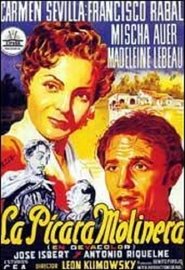 In a region of Andalusia all...
In a region of Andalusia all...The Miller's Saucy Wife 1955
In a region of Andalusia, all the men lust after the miller's young wife.
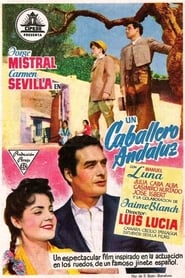 In the farmhouse Los Laureles owned...
In the farmhouse Los Laureles owned...Un caballero andaluz 1954
In the farmhouse Los Laureles, owned by Don Juan Manuel Almodovar, wealthy Andalusian landowner, everything is being prepared to receive José Luis, only child of Juan Manuel, who is being educated in a Jesuit school in England and is returning for a holiday with his father. Since the death of his wife, Juan Manuel has set all his love in his son. The father does everything his child says, even when he is asked to accompany him to the Venta del Remedio where a blind gypsy called "Colorín" lives. But at the after party a serious accident occurs
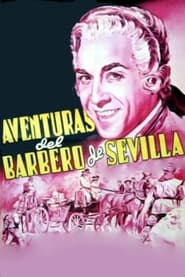 Bandits kidnap Figaro the famous barber...
Bandits kidnap Figaro the famous barber...The Adventurer of Seville 1954
Bandits kidnap Figaro, the famous barber of Seville, and use his wonderful voice to attract travelers and rob stagecoaches. Because of this, the police chases him as an accomplice of the bandits. Then Figaro decides to join the army as a volunteer to fight in Puerto Rico. He returns covered with glory and his faults are condoned. However, the adventures of Figaro continue in Seville in the false scene of the aristocracy
 Andalusia Spain 19th century The roads...
Andalusia Spain 19th century The roads...Condemned to Hang 1953
Andalusia, Spain, 19th century. The roads are infested with bandits who sow panic among travelers. Although most of them are ruthless killers, Lucero is a true champion of the disinherited.
 A small Spanish town Villar del...
A small Spanish town Villar del...Welcome Mr. Marshall! 1953
A small Spanish town, Villar del Río, is alerted to the upcoming visit of American diplomats and its ruling townsmen begin preparations to impress the American visitors, in the hopes of benefiting under the Marshall Plan. Hoping to demonstrate the side of Spanish culture with which the visiting foreign officials would be more familiarized, the Castilian citizens don unfamiliar Andalusian costumes, hire a renowned flamenco performer, and re-decorate their town in Andalusian style, meantime waiting for their uncertain arrival.
 An undertaker gets married to an...
An undertaker gets married to an...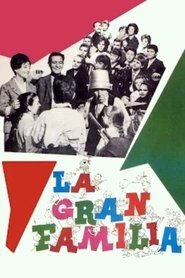
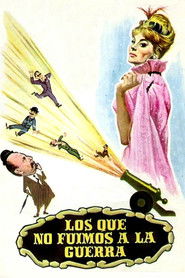 First World War In a largely...
First World War In a largely...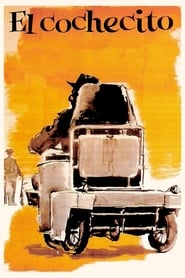 Don Anselmo a retired old man...
Don Anselmo a retired old man...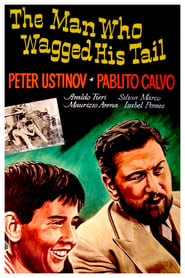
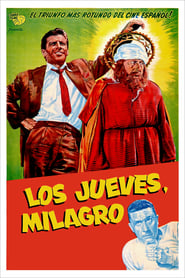 In Fontecilla a Spanish village in...
In Fontecilla a Spanish village in...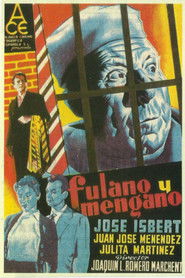 Eudosio and Carlos were imprisoned by...
Eudosio and Carlos were imprisoned by...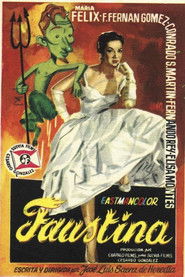 A conquering woman of love power...
A conquering woman of love power... Professor Hamilton a naive Nuclear scientist...
Professor Hamilton a naive Nuclear scientist...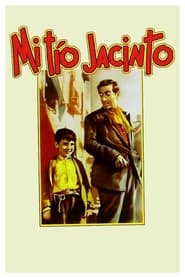 Hyacinth a former matador who lives...
Hyacinth a former matador who lives...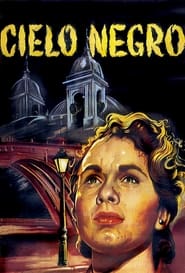 A woman who works as employee...
A woman who works as employee...